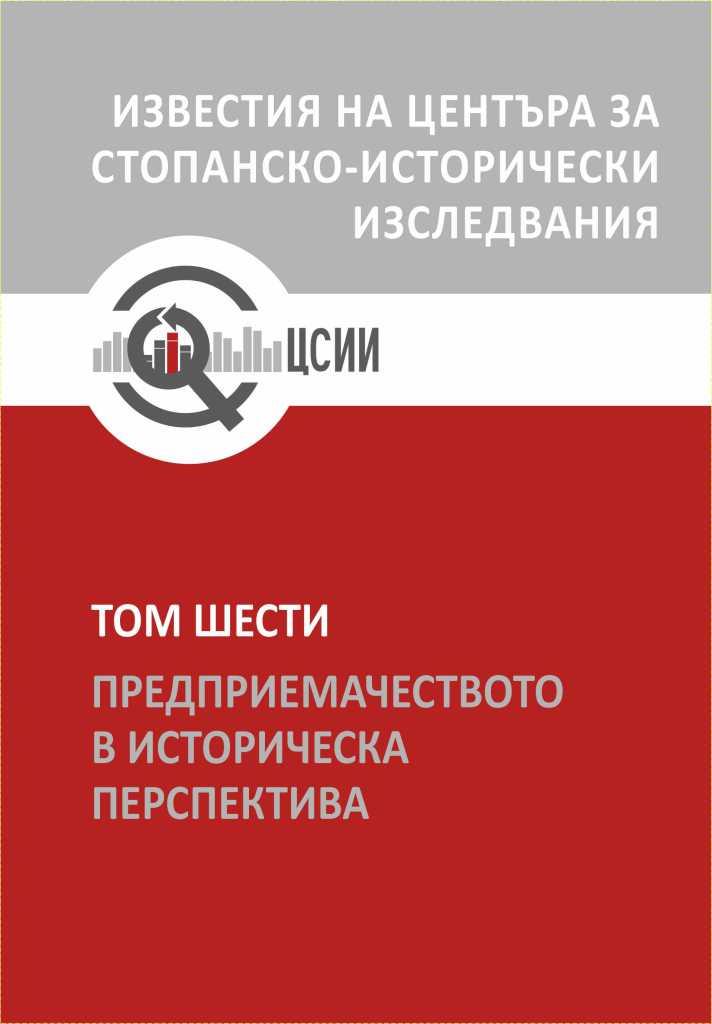Тютюнът и предприемаческият усет на Русчо Вълков Миркович. Щрихи от българската стопанска действителност в края на 80-те и през 90-те години на ХІХ в.
The Tobacco and the Entrepreneurship of Ruscho Vulkov Mirkovich. Some Features of Bulgarian Economic Reality in the Late 1880s and 1890s
Author(s): Valentin KitanovSubject(s): History, Economy, National Economy, Business Economy / Management, Economic history, Local History / Microhistory, Social history, 19th Century, Marketing / Advertising, Human Resources in Economy, Business Ethics
Published by: Център за стопанско-исторически изследвания
Keywords: tobacco; tobacco factory; industrial development; Principality of Bul-garia; joint stock company
Summary/Abstract: Ruscho Vulkov Mirkovich was a typical representative of the modern Bul-garian economic elite formed during the Bulgarian Revival. His long and successful com-mercial biography is a convincing testimony to the deep and lasting economic and social changes that occurred in the nineteenth century, which are characteristic not only of his hometown Sliven, but also of the entire Bulgarian national territory. The professional experience he gained for over four decades in the field of trade with aba garment, wool, foreign merchandise, salt, foods, and other goods, allowed him to maintain a very high rate of commercial activity, particularly after 1878 at a number of market centres such as Sliven, Constantinople, Yambol, Burgas, and Straldzha. The well-known Sliven entre-preneur was fully committed to his trade endeavours and at the same time he was an active public figure – something typical for that period. After 1887, although of his re-spectable age, he turned to the field of tobacco, becoming a pioneer of one of the most successful industries in the Bulgarian commercial development by founding a tobacco factory in Yambol through the joint-stock company R. V. Mirkovich & Co. The available documents in the Bulgarian archives allow us to conclude that Ru-scho Mirkovich’s decision to engage with the tobacco industry was a carefully consid-ered step. He had the approval of his partners and attracted skilled experts to ensure the smooth running of the tobacco factory. The company was part of Yambol’s eco-nomic infrastructure from the late 1880s and throughout the 1890s. The present study focuses specifically on this aspect of Ruscho Vulkov Mirkovich’s active work as evi-dence of entrepreneurial sense and adaptability in the conditions of the dynamically changing economic reality of post-liberation Bulgaria.
Journal: Известия на Центъра за стопанско-исторически изследвания
- Issue Year: VI/2021
- Issue No: 1
- Page Range: 349-362
- Page Count: 14
- Language: Bulgarian

